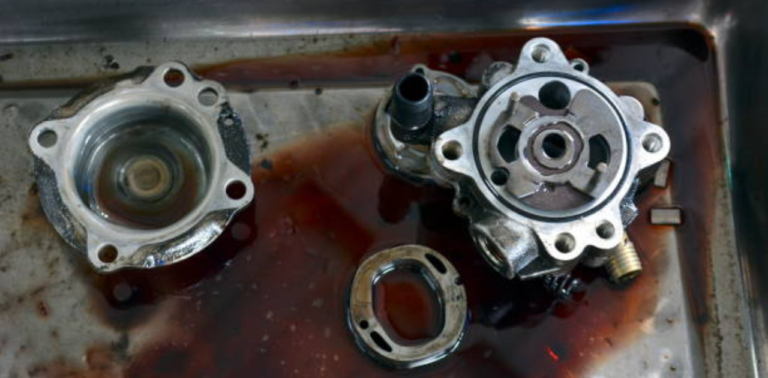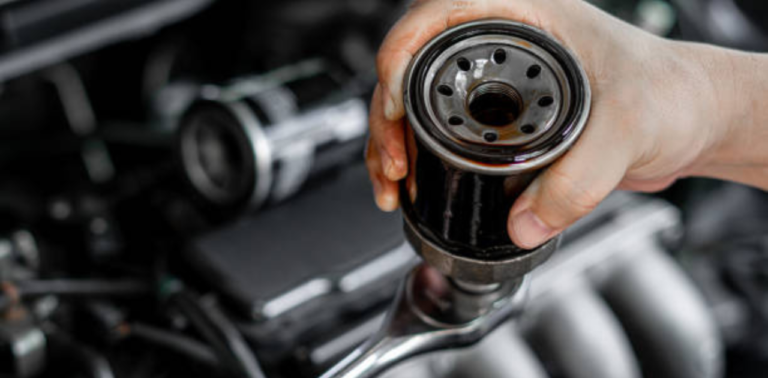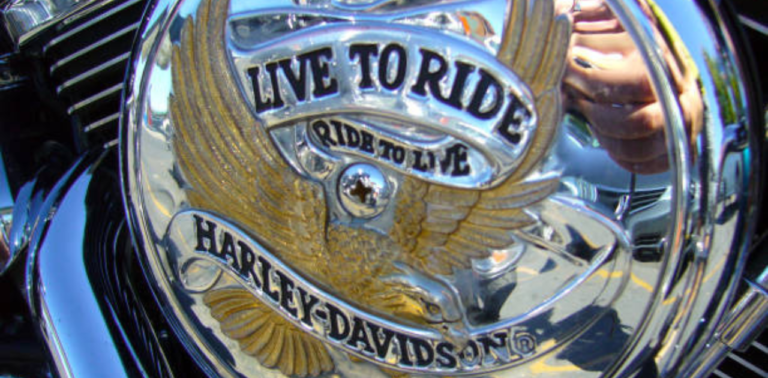Top 12 Reasons Why a Car Won’t Rev Past 3000 RPM
When your car refuses to rev past 3000 RPM, it can be a frustrating and perplexing situation for any driver. Understanding the underlying reasons behind this issue is crucial for effective diagnosis and resolution. In this comprehensive guide, we’ll explore the top 12 reasons why a car might encounter difficulties surpassing the 3000 RPM mark.
1. Fuel System Issues
One of the primary culprits behind a limited RPM range is often related to the fuel system. Clogged fuel injectors, a malfunctioning fuel pump, or a dirty fuel filter can disrupt the proper flow of fuel to the engine, causing it to struggle beyond a certain RPM threshold.
2. Ignition System Malfunctions
A faulty ignition system, including issues with spark plugs, ignition coils, or the ignition control module, can impede the engine’s ability to rev smoothly. Regular maintenance of these components is crucial to ensure optimal performance.

3. Air Intake Problems
Restricted airflow to the engine can hinder its ability to rev. Check for clogged air filters, a malfunctioning mass airflow sensor, or issues with the throttle body that might be limiting the air supply.
4. Exhaust System Restrictions
A restricted or clogged exhaust system, such as a blocked catalytic converter, can create a bottleneck for the engine’s exhaust gases, preventing it from reaching higher RPMs.
5. Electronic Control Module (ECM) Issues
The ECM plays a vital role in controlling the engine’s performance. If there are issues with the ECM, such as faulty sensors or a malfunctioning engine control unit, it can lead to restrictions in the RPM range.
6. Throttle Position Sensor (TPS) Problems
The TPS communicates the position of the throttle to the ECM. Malfunctions in the TPS can result in inaccurate data, leading to limitations in the engine’s RPM capabilities.
7. Vacuum Leaks
Unintended air leaks in the engine’s vacuum system can disrupt the air-to-fuel ratio, affecting performance. Identifying and repairing vacuum leaks is essential for resolving RPM-related issues.
8. Transmission Troubles
Problems with the transmission, such as a slipping clutch, torque converter issues, or a malfunctioning gearbox, can contribute to difficulties in reaching higher RPMs.
9. Timing Belt or Chain Issues
A worn or damaged timing belt or chain can throw off the engine’s timing, impacting its ability to rev smoothly. Regular inspection and timely replacement are crucial for preventing such issues.
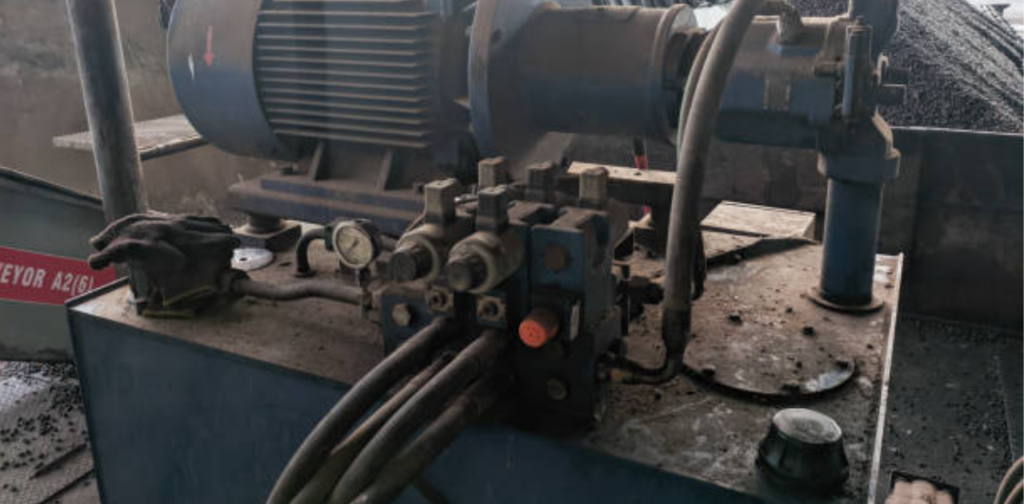
10. Engine Overheating
Excessive heat can cause various components within the engine to malfunction. Cooling system problems, such as a faulty thermostat or a leaking radiator, can contribute to engine overheating and restricted RPMs.
11. Camshaft Position Sensor (CMP) Failures
The CMP sensor monitors the position of the camshaft, providing crucial information for proper engine function. If the CMP sensor malfunctions, it can lead to issues with the engine’s RPM range.
12. Exhaust Gas Recirculation (EGR) System Dysfunction
A malfunctioning EGR system can disrupt the combustion process, affecting the engine’s performance. Cleaning or repairing the EGR valve and associated components can help resolve RPM-related issues.
When parked, the car won’t move over 3000 rpm
One thing to keep in mind is that many cars include safety features to guard against over-damage, which may happen when you rev the engine while it’s idle. Up to 3000 rpm is the idle rev limitation that the automobile will use until you shift into drive or gear.
If, on the other hand, your automobile has never had a rev limiter, it suggests that either the idle speed control valve or one of the other issues mentioned above may be malfunctioning.
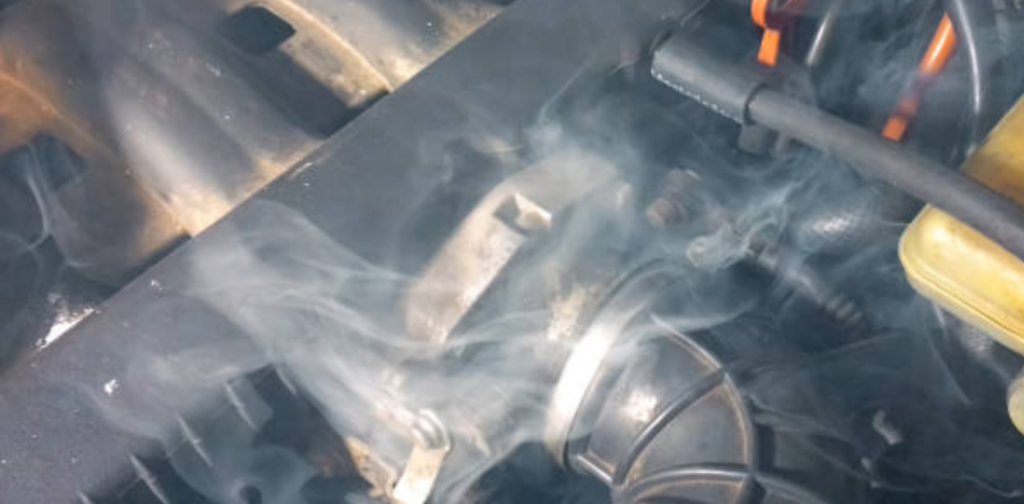
Conclusion:
Experiencing limitations in your car’s RPM range can be a sign of various underlying issues, ranging from fuel system problems to electronic control malfunctions. Regular maintenance, prompt diagnostics, and timely repairs are essential for ensuring your vehicle performs at its best. If you encounter persistent RPM issues, consulting with a professional mechanic is advised to identify and address the specific root cause.
Frequently Asked Questions
Why does my car lose power at 3000 RPM?
The loss of power at 3000 RPM in a car can be attributed to several potential issues. One common culprit is a malfunction in the fuel or ignition system. Clogged fuel injectors, a faulty fuel pump, or issues with spark plugs and ignition coils can disrupt the combustion process, leading to a loss of power at specific RPM ranges.
Additionally, air intake problems, such as a dirty air filter or a malfunctioning mass airflow sensor, can impact the air-to-fuel ratio, affecting engine performance. Issues with the exhaust system, electronic control module (ECM), or transmission can also contribute to a power loss at 3000 RPM.
It’s crucial to conduct a thorough diagnosis to pinpoint the exact cause and address the underlying issue to restore optimal power to your car’s engine.
Why is my car not revving up?
Several factors can contribute to a car’s reluctance to rev up. A common reason is restricted airflow, often caused by clogged air filters, a malfunctioning throttle body, or problems with the mass airflow sensor. Insufficient fuel supply due to a faulty fuel pump clogged fuel injectors, or a dirty fuel filter can also hinder the revving process.
Issues with the ignition system, such as malfunctioning spark plugs, ignition coils, or the ignition control module, can impede the combustion process, affecting the engine’s ability to rev. Transmission problems, electronic control module (ECM) malfunctions, or exhaust system restrictions can also be potential causes.
A comprehensive diagnosis is necessary to identify the specific issue preventing your car from revving up properly.
Why is my car only revving to 2500 RPM?
When a car is limited to revving only up to 2500 RPM, it indicates a potential problem with the engine’s performance. Similar to issues mentioned earlier, this could be attributed to fuel system problems, ignition system malfunctions, air intake issues, exhaust system restrictions, or electronic control module (ECM) dysfunctions.
It’s essential to investigate the specific cause, considering factors like fuel quality, the condition of spark plugs and air filters, and the integrity of the exhaust system. A qualified mechanic can conduct a thorough inspection and diagnostics to determine the root cause and recommend appropriate repairs.

Is 3000 RPM too high when accelerating?
In general, 3000 RPM is not considered excessively high when accelerating, and many vehicles are designed to comfortably reach and exceed this RPM during acceleration. However, what’s important is how the engine responds and whether it achieves smooth acceleration without any unusual noises or vibrations.
If your car struggles or exhibits issues at 3000 RPM during acceleration, it may indicate an underlying problem, as discussed earlier. Regular maintenance and prompt addressing of any performance issues can help ensure your car accelerates smoothly across various RPM ranges. If you’re unsure or concerned about your car’s performance, consulting with a professional mechanic is advisable.

